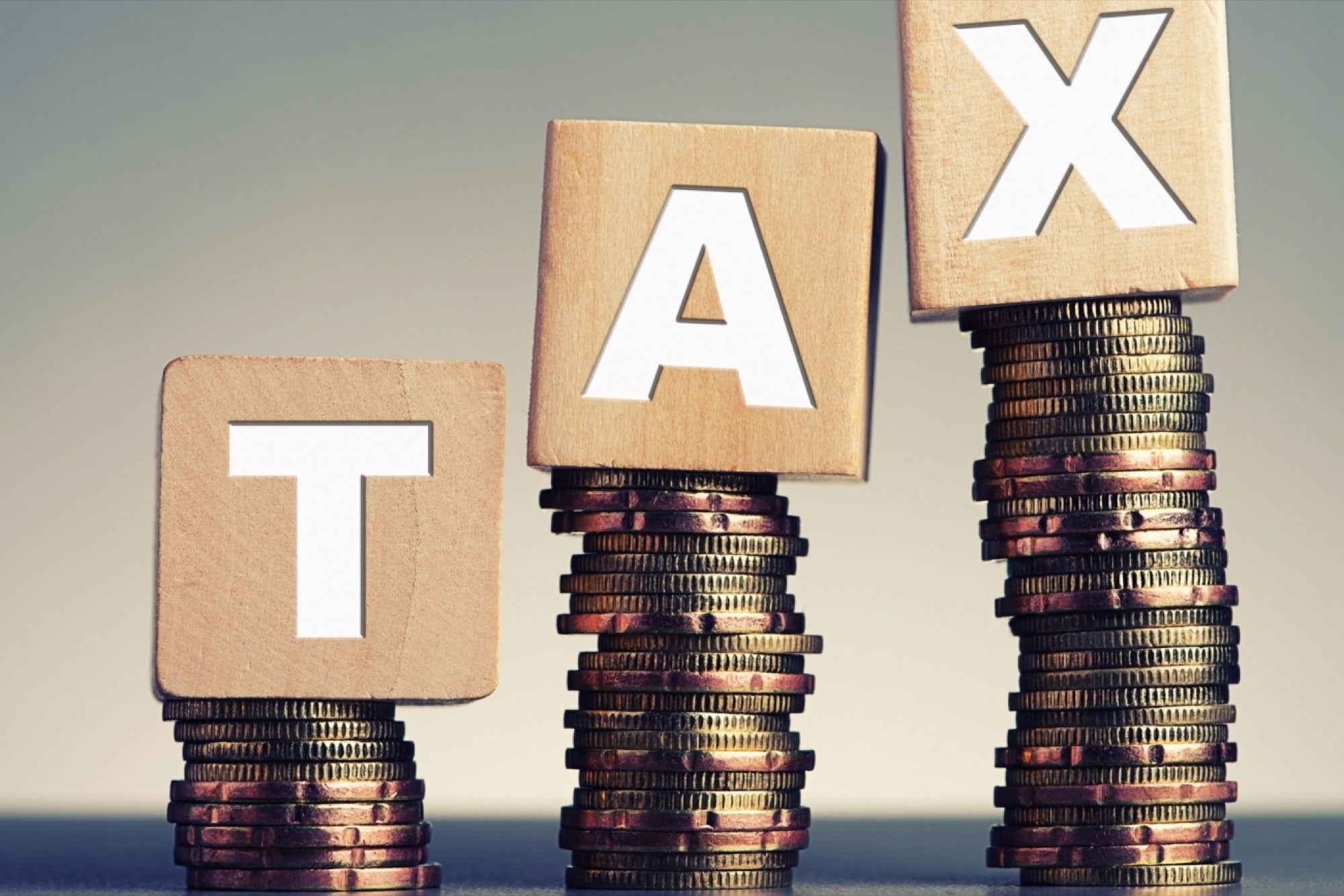What Are the Tax Implications for SMEs in 2019 There are about 48 million SMEs registered in India now, and has the government taken them into consideration in the budget?
Opinions expressed by Entrepreneur contributors are their own.
You're reading Entrepreneur India, an international franchise of Entrepreneur Media.

The MSME sector in India continues to be the second largest employer and plays a key role in the sustained and equitable growth of the economy. Over the last few years, with the emphasis on the self-sufficiency of the nation, the sector has also been key in driving innovation and economic growth. Various governmental reforms have also been initiated to invigorate the sector and enthuse more and more players to join in.
The intention of the 2019 interim budget has been to increase consumption, which would, in turn, boost the sector. SME-related announcements in the interim budget included:
Quicker and easier credit through the sanction of loans up to INR 1 crore in 59 minutes.
Interest rebate of 2per cent on incremental loans up to INR 1 crore for GST registered units.
Reduction in the periodicity of GST returns for units with turnover up to INR 5 crores to once in a quarter.
GST reduction from 18per cent to 6per cent for small service providers under the composition scheme with turnover less than INR 50 lakhs.
Increase in exemption limit for GST to INR 40 lacs (INR 20 lacs for the North-East states)
Extension of benefit of presumptive taxation to small professionals with a turnover of up to INR 50 lakhs. The thresh-hold limit for presumptive taxation of business doubled to INR 2 crore.
Cap on a turnover at INR 1.5 crores for availing 1 per cent tax under composition scheme (wef 1st April 2019).
So What Benefits Can SMEs, in Turn, Provide to Their Workforce to Minimise Their Tax Outgo?
Employees are the biggest assets of SMEs, and hence budget 2019 notwithstanding, they need to help their employees minimise their tax liability by drawing up suitable employee-benefit plans. These need to incorporate available exemption schemes while keeping in mind the benefits that the diverse workforce of today prefers. This will in turn help reduce their own tax outgo. Some examples could be -
Health: Health insurance has emerged as a major concern for today's workforce. Fortunately, there are tax exemptions galore for this - sections 80D, 80DD and 80DDB offer exemptions for the health insurance premium, medical expenses for disabled dependents as well as that for specified critical illnesses.
Home: Buying a home gives tax-benefits under Section 80C and also Section 24B, and the interim budget now allows exemption of income tax on notional rent for the second home, an exemption under Section 54 for the second house, once in a lifetime, for capital gains up to or equal to INR 2 crores.
Education: Section 80E offers tax exemptions on interest paid for study loans. Considering the high cost of quality education, employees can be encouraged to consider student loans for higher education of self/spouse/children.
Meal/Gift Cards: Meal cards and gift cards enable tax savings of nearly Rs 11,000 per year. Convenient, portable and widely acceptable, these cards are extremely attractive to the current generation and can be included in the bouquet of benefits offered to the employees .
SMEs Vs Larger Organisations
In contrast to SMEs, larger organisations have the benefit of scale. Hence, the variety of incentives they can offer their workforce and the different ways they can save tax is much more. However, the same "scale' can work in favour of SMEs. With a smaller base of employees and a lower bottom-line, it's easier for them to adapt and implement initiatives that are customised, targeted and tax-efficient. SME Challenges and Quality of Life study by TNS Sofres, commissioned by Sodexo states that 85% of business leaders in SMEs declare they have implemented at least one employee benefit measures to improve the daily quality of life at work and 97% of these business leaders sense positive impacts on their company's atmosphere, productivity and reputation.
There are about 48 million SMEs registered in India now and while the interim budget 2019 may, on the face of it, seem to be devoid of any substantial measure to propel the sector, the fact, remains that there are multiple measures available for this sector to optimise on taxes. It is for each SME to understand and adapt the model best-suited to them and their employees.











